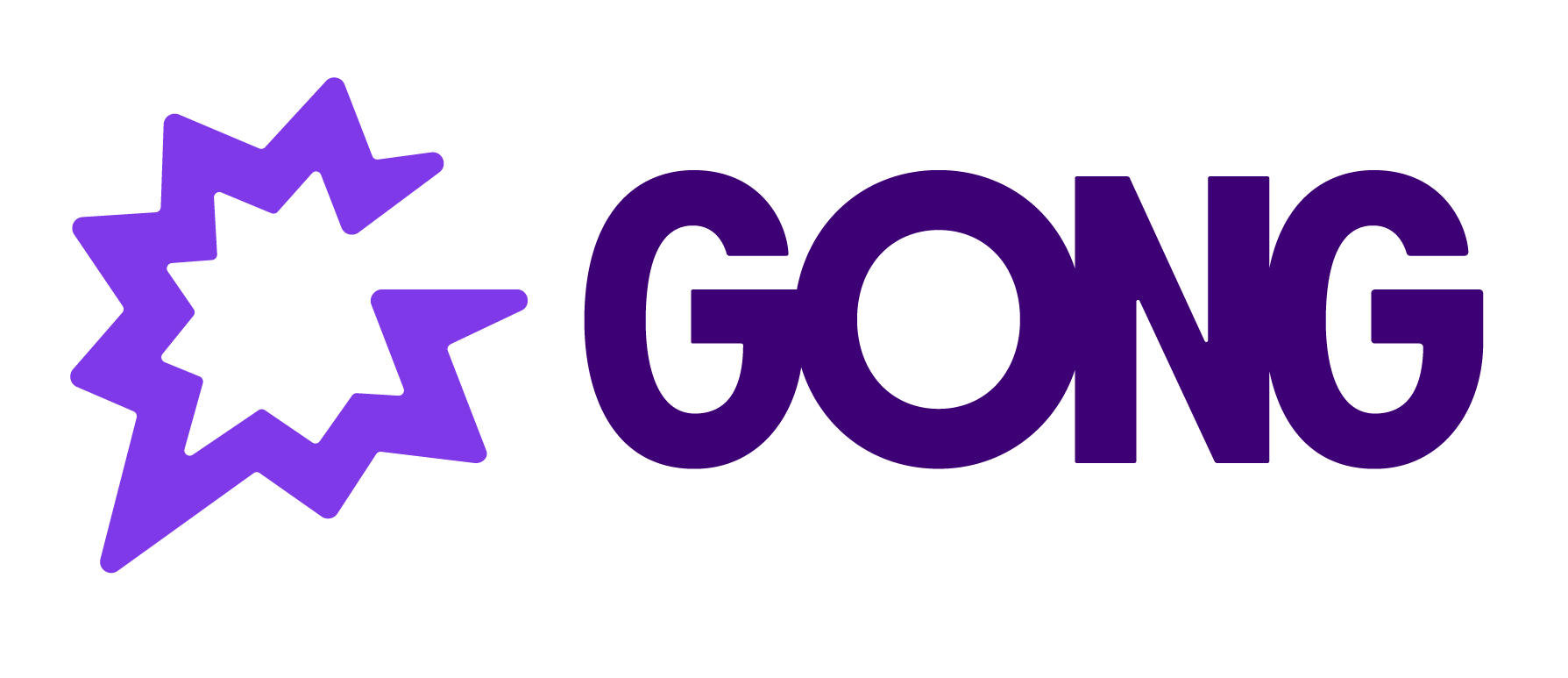Systematically evaluating and offering feedback on behaviors can prove challenging, and yet it’s one of the most critical components of building skills and developing a strong coaching culture. If you’re looking to better support your team’s growth through feedback, you’re probably wondering how to:
-
Hold every rep to the same standards
-
Deliver consistent feedback on critical soft skills
-
Track each team member’s performance over time
-
Align feedback to motions that support key business initiatives
Scorecards provide a framework that helps you tackle these questions. With scorecards in place, your entire team has the ability to rate and give feedback on a specific call, and you can adopt a more programmatic approach to upleveling your revenue org.
Let’s look at five ways you can use scorecards to improve your existing coaching and enablement efforts.
Standardize onboarding benchmarks
How do you really know new hires are ready for their own book of business? It’s daunting, right? Trying to decide when they’ve learned enough from the team’s seasoned veterans to jump into the deep end. Create scorecards for the key conversations team members need to be able to lead, like kickoff and QBR evaluations for new CSMs. Bake these call certifications into your onboarding program.
Evaluate “road readiness” with new talk tracks and strategies
Imagine this: you’ve been tasked with rolling out and tracking the adoption of a new product pitch. You have a handle on how to train the team, but you’re not quite sure how to gauge whether their new talk tracks are polished enough for customer conversations. Create a product pitch scorecard and weave pitch certification into your overall enablement plan and timeline. Scorecard questions should be specific, each targeting a key element of the pitch.
Monitor progress with core skills development
One of the major wins that scorecards bring is the ability to track progress over time. Coach frontline managers to discuss scorecard feedback with direct reports in their next 1:1s, and then evaluate another, similar conversation in six weeks using the same scorecard. This apples-to-apples comparison will help managers and reps hone in on what’s improved and areas that still need work.
Enable peer-to-peer coaching
Fostering growth across your team requires more than just a top-down approach to feedback and coaching. Pair each team member with a buddy for regular call reviews and debriefs. Provide scorecards to peer evaluators to help focus their efforts on the most important elements of the call.
Empower reps to self-assess
Perhaps the most valuable and underutilized cog in your coaching and feedback machine is self-assessment. Providing scorecards that guide reps to reflect on their own performance opens the doors to richer 1:1 discussions and helps them “manage up” with specific requests for support.
Interested in learning more about customizing and building scorecards for your team? Hop over to Gong Academy and take a look at the Create Scorecards course. Then come back to the Community and share your ideas!
Learn more about sales enablement software




